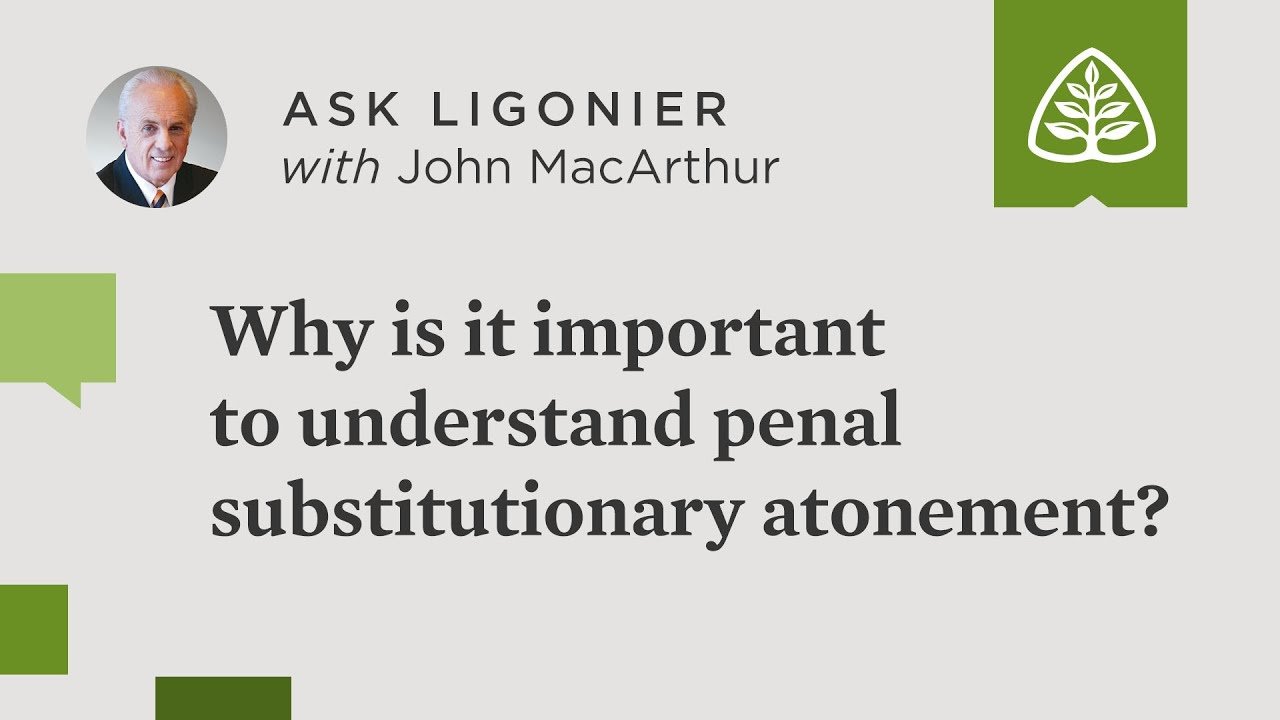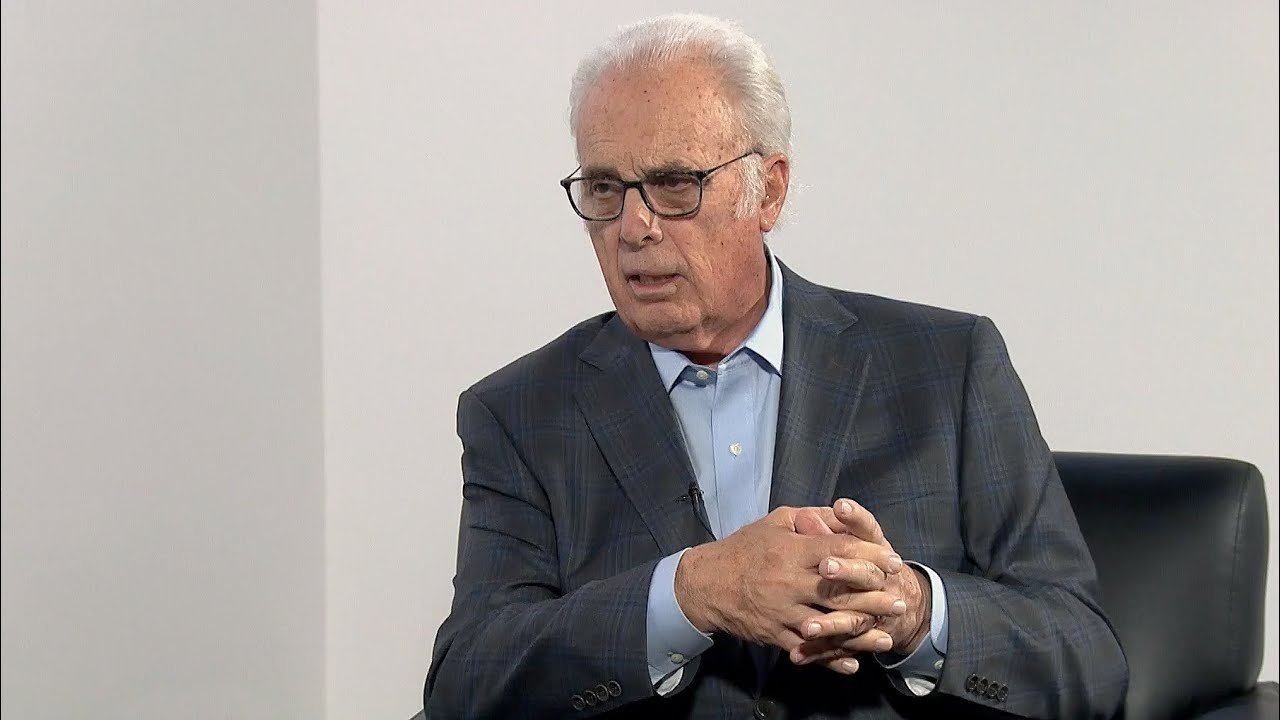MACARTHUR: If you don’t understand the doctrine of penal substitution, you don’t know why Christ died, and you would assume that if you’re Christian you would want to know why Christ died. If you took one verse, 2 Corinthians 5:21, Paul says, “You’re ambassadors,” right? In 18 to 21.
So, you know, we go into the world, we beg people to be reconciled to God. He’s given us the Word of reconciliation, right? That’s the message we preach, “You can be reconciled to God.” We have the ministry of reconciliation. We have the message of reconciliation. But how is that possible?
How is it possible for a sinner to be reconciled to a holy God? That is the most legitimate question that a sinner could ever ask. Ok, you’re telling me God’s holy, that God is righteous. that God is perfect.
How is it possible for me to be reconciled to a holy God without Him not tarnishing His holiness? Or to put it in the language of Paul, “How can God be just and the justifier of sinners?” That is the absolute apex question of all religion.
The primary question that religion attempts to answer is, “How can I go from being God’s enemy to being His friend? How can I make peace with God?” whatever god that religion espouses. So, all religion is designed to somehow come to terms with the deity.
In Christianity, the question is built around holiness and justice and righteousness. So, how can God forgive me and still be holy? And, the only thing that answers that question is penal substitution because penal substitution says God is so holy every sin will be punished.
Every single sin in the life of every Christian believer through all of human history will be punished, was punished. All sin must be punished. Either the sinner will bear that punishment eternally or Christ took that punishment on the cross.
The only thing that protects the pure, righteous holiness of God is that sin is punished. That’s penal substitution. If you remove that part of the cross, then how does God reconcile His holiness with just wishing sin away without a punishment? There has to be a punishment for God to maintain His justice.
That punishment falls on His Son. BINGHAM: I can remember before I became a Christian but had heard the gospel a number of times, sitting down with the woman that’s actually now my wife and asking her, “Explain to me John 3:16. Why did God have to send His Son?
Why did Jesus have to die? Why didn’t God bake brownies to save the world?” Like, “What’s was this whole ‘dying on the cross’ thing?” At that time, she couldn’t answer the question, and it was actually hard. We had to go into church and try and get information.
“Explain to me penal substitution,” because all the gospel presentations I’d heard was missing that phase. MACARTHUR: You see that is “the question.” That is not some kind of optional issue, penal substitution. You’ve got a massive problem if God just says, “Hey, you’re forgiven.”
Now, the character of God is called into question as to His integrity, His holiness, His virtue, His righteousness, His perfection. And so, God is so pure and holy that He will punish every single sin ever committed by every person either in that person or in the substitute for that person.
That is the purest heart of Christianity and soteriology.
#important #understand #penal #substitutionary #atonement


